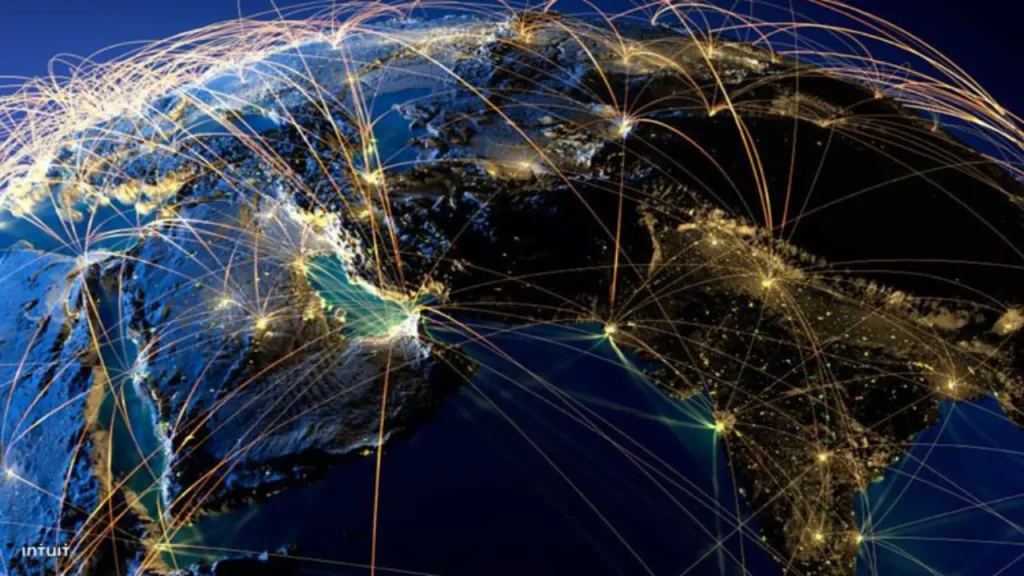- AFRINIC’s June election annulment violated the Mauritius Companies Act and undermines the multistakeholder governance model recognised by the Number Resource Organisation.
- Continued rule by a court-appointed receiver delays critical IP resource planning and threatens Africa’s digital sovereignty under global standards such as ICANN ICP-2.
Political interference locks Africa’s internet future in limbo
Africa’s Regional Internet Registry, AFRINIC, remains paralysed by a legal deadlock that threatens long-term internet growth. The June 2025 board election—widely regarded as free and fair—was annulled at the instruction of Mauritius’ government and enforced through a court-appointed receiver. This action conflicts with the Mauritius Companies Act (which governs AFRINIC as a nonprofit membership organisation). By overriding member decisions, the government set a precedent of state capture that undermines the rule of law and destabilises Africa’s internet governance.
AFRINIC is one of the five Regional Internet Registries recognised under the Number Resource Organisation (NRO), which coordinates global policy with ICANN. Its core responsibility is the fair distribution of IP address resources across the continent. Undermining its democratic framework not only endangers African digital sovereignty but also damages the credibility of the global registry system. While U.S. diplomatic support for the current process reflects political priorities, the move contradicts established multistakeholder governance models designed to protect transparency and accountability in internet management.
Also read: AFRINIC launches voter onboarding ahead of board election
Also read: ICANN or ICan’t? CEO Lindqvist chooses dictatorship over democracy in AFRINIC
Risk of permanent instability across Africa’s internet ecosystem
The continuing receiver mandate—extended without broad member consent—creates long-term risks for Africa’s digital economy. AFRINIC’s failure to conduct member-led elections blocks critical policy development and resource allocation, delaying IPv4 and IPv6 planning essential to network expansion. Technical leaders, including former AFRINIC chairs, have cautioned that if one government can override an RIR’s elections, others may follow—eroding confidence in the bottom-up processes that underpin the global internet.
Cloud Innovation, AFRINIC’s third-largest member, has formally requested that ICANN review the situation under ICP-2, a framework governing the recognition of Regional Internet Registries. This review mechanism exists precisely to ensure that regional bodies operate under community consent and legal integrity. Without a swift return to lawful, member-driven oversight, Africa faces not only technical stagnation but also the export of a dangerous precedent where politics eclipses the rule of law in internet management.

